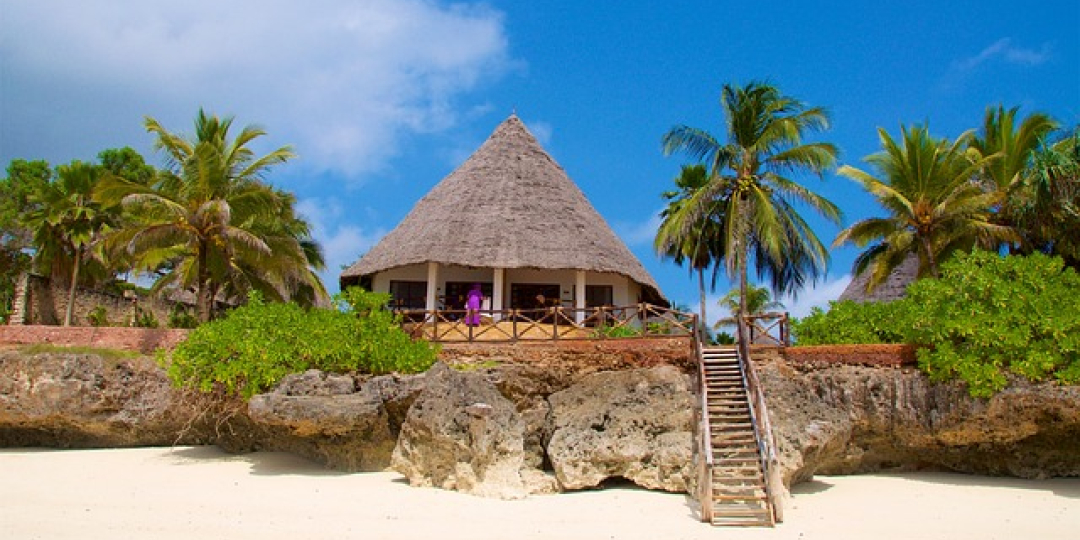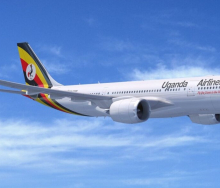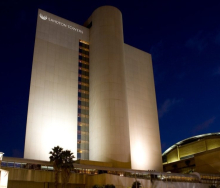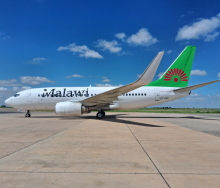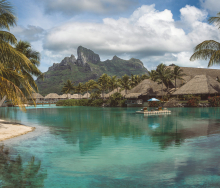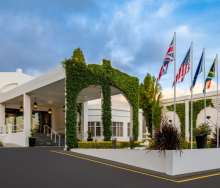The Zanzibar Revenue Authority’s (ZRA) recent increase in its tourism tax is not in its self a significant barrier to tourism but the short notice with which it was implemented has made it difficult for hotels and operators to manage.
Flora Fubbs, Director of Operations at The Holiday Factory, which sells holiday packages to Zanzibar, told Travel News’ sister inbound tourism publication Tourism Update that, although there had been an infrastructure tax in place for a couple of years already at US$1 per person per night, this increase came into effect with very little notice on July 1, meaning hotels had to collect an additional US$4 per person per night.
“It would have been much easier to manage had we had a bit more notice. It was a bit of a mad rush to contact all our clients with very little notice. Zanzibar is developing rapidly and definitely needs to invest in infrastructure. Presumably, this increase will allow them to invest more funds into the roads and other infrastructure on the island, which is ultimately a benefit to the tourism industry,” said Fubbs.
Marian Sandu, Owner of AfricaStay, added that the short notice had affected clients who were already on holiday, because they did not know about the increase until its implementation at the start of the month.
“The biggest challenge has been the short notice. Guests and hotels had to sort it out in-person in the hotel during their stay, which has been a bit of an inconvenience,” said Sandu.
Long term
Sandu said although the tax would affect bookings to Zanzibar, it would not affect hotels in the long term.
“Five- and four-star clients staying at luxury resorts will not have a problem paying the tax of US$5 per person per day. The lower-end of the market will be more affected as it caters for travellers that have a lower budget while on holiday.”
Despite the impact on the low-end market, Fubbs said the Zanzibar Government had been smart with regard to tiering the increase.
“Guests who travel to Zanzibar on a very tight budget, like backpackers, for example, only pay US$2, two- and three-star hotels US$4, and four- and five-star hotels US$5. For luxury hotels, the US$5 is not a massive percentage.”
Fubbs concluded that the tax introduction did not affect the upfront price of its packages to Zanzibar, as guests settled the tax on departure from the hotel.
Developing tourism
Chairperson of the Zanzibar National Chamber of Commerce, Ali Amour, said: "The purpose of increasing the infrastructure tax has great benefits in developing tourism in Zanzibar because when the tax increases, it enables the government to implement its programmes, including having better road infrastructures for tourists,” he said.
